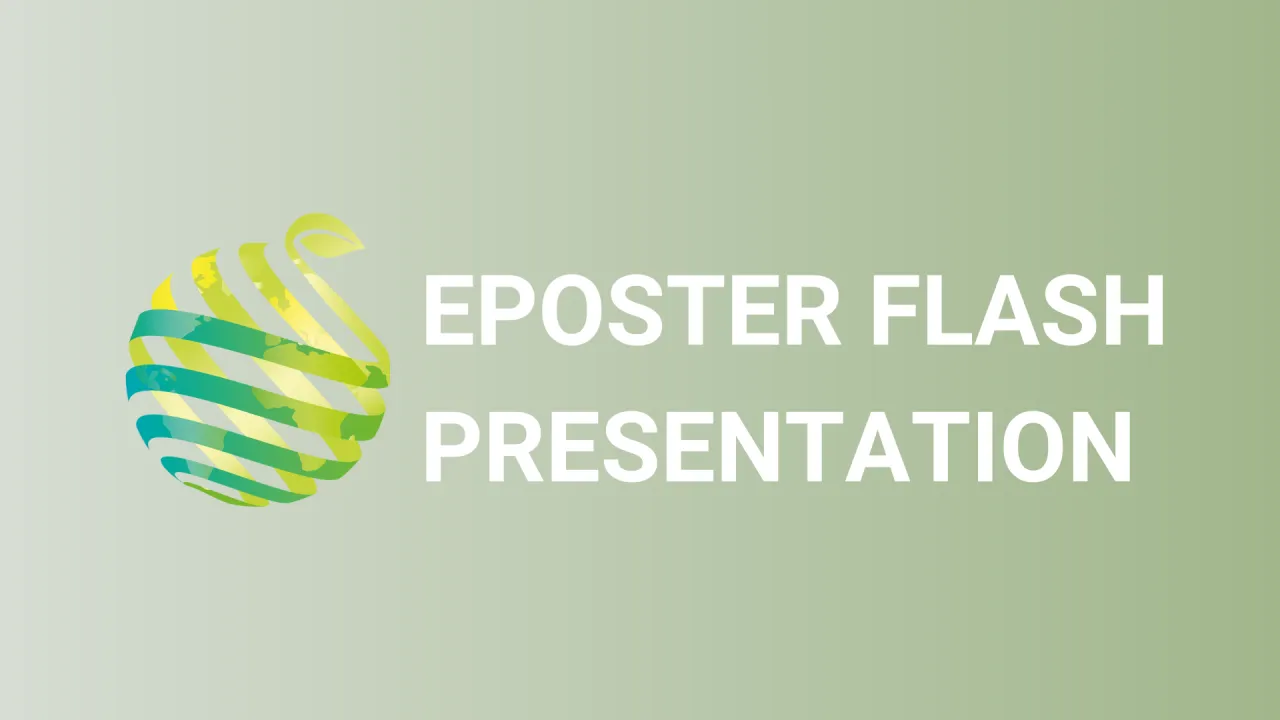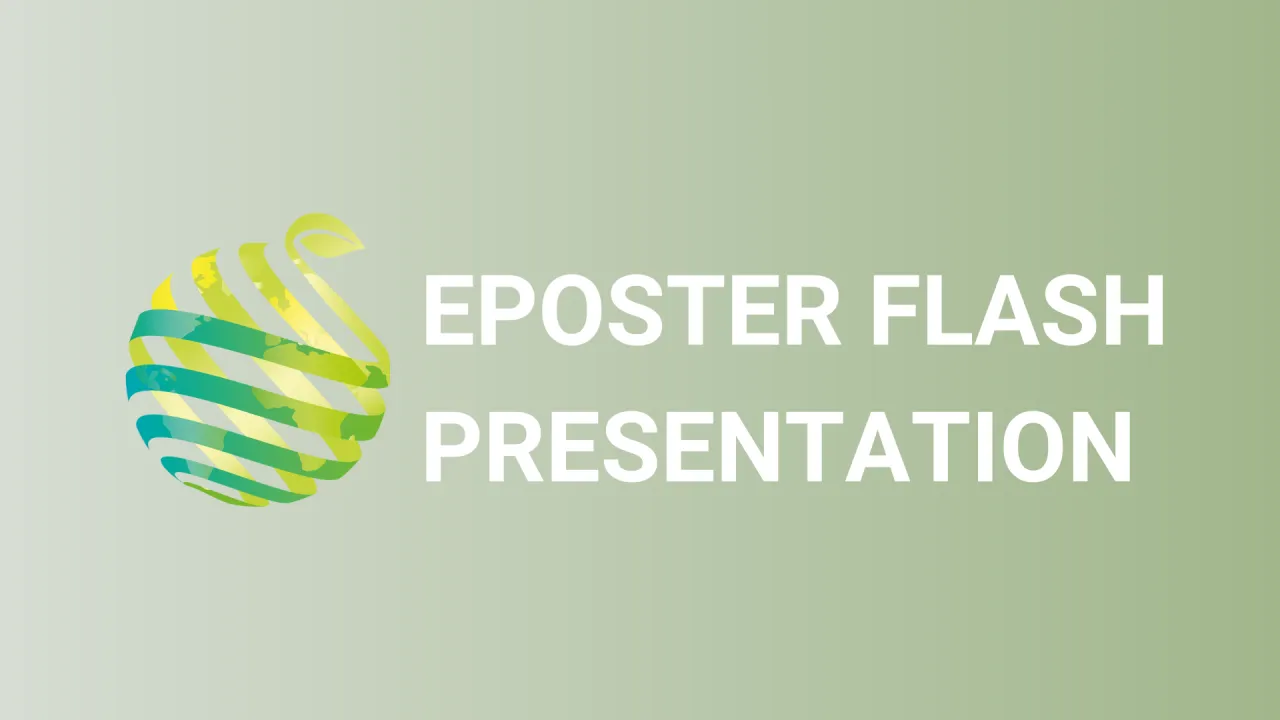

S13 - Session P1 - Fertility assessment of several permacultural raised beds of various composition
Information
Authors: Caroline De Clerck, Ludivine Lassois, Florence Jacques, Damien Médart, Gilles Colinet, Sébastien Massart, Aurore Degré, Pierre Delaplace? Haissam Jijakli *,
Four types of permacultural raised beds of various compositions were installed in the horticultural TERRA-Terre gardens of the WASABI platform in Gembloux Agro-Bio Tech (Belgium) and were compared with a non-raised bed. These beds contained either an alternation of layers of organic matter rich in nitrogen and carbon with or without the addition of wood (lasagna bed and hugel "Holzer" bed respectively), nor carbon (sandwich "Morez" beds) or soil only (soil "Hazelip" beds). A mix of five vegetable species were planted on each modality (repeated 9 times) one year after the beds implementation, and measurements were made regarding the growth and yields of vegetables, the soil composition, the soil temperature and water content, the soil microbial activities and the quantification of mycorrhizae. Total organic carbon and total nitrogen appeared to be higher in the hugel, lasagne and sandwich mounds. Bulk density appeared to be lower and total porosity higher in the lasagna, hugel and sandwich beds. Microbial activity was higher in sandwich, soil and lasagna mounds. Plant biomass production was significantly higher on the hugel mounds than on the non-mounded controls, probably due to better chemical (higher total organic carbon and total nitrogen) and physical (lower bulk density and higher total porosity) fertility. It was also observed that the mounds rounded 'shape tend to favor soil warming at a depth of 12 cm. At the end of this first year of experimentation, the results clearly show that permaculture style mound cultivation has an influence on the yield and the physical, chemical and biological properties of the soil compared to cultivation on non-raised soil. This long term experiment will be further carried out in the following years to measure the different mentioned parameters and in particular to observe the evolution of the fertility.